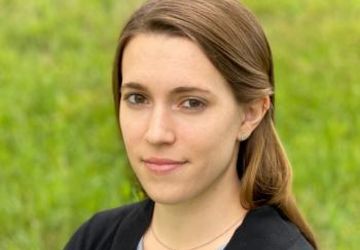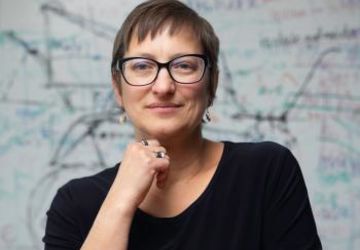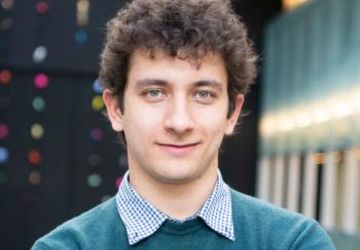Theoretical Astrophysics and Cosmology

Calculating and modeling the physics of the cosmos. First objects in the universe, relativistic astrophysics, neutron stars, black holes, inflation, cosmic evolution and structure.
Current research in theoretical astrophysics and cosmology at Stanford explores a wide range of critical questions. Major topics include numerical simulations of the formation of structure from small scales (first stars) to large scales (dark matter structure), galaxy formation, black holes (evolution, jets, accretion disks and orbiting objects), neutron stars (pulsars, magnetars), particle acceleration (relativistic shocks, origin of cosmic rays), gravitational lensing, and the very early universe (inflation).
See the section on Observational & Experimental Astrophysics and Cosmology for a description of how scientists at Stanford are probing many of these questions with experiments and telescopes.
The Kavli Institute for Particle Astrophysics and Cosmology, housed in the the Fred Kavli Building at SLAC and the Physics & Astrophysics Building and the Varian Physics Laboratories on campus, hosts much of the research in astrophysics and cosmology at Stanford and SLAC. Scientists meet through twice-weekly Tea Talks, a weekly Cosmology Seminar and a weekly Astrophysics Colloquium. There are also close ties with the Stanford Institute for Theoretical Physics (SITP) and the SLAC Theory Group.
Related Faculty
Related News

An artist's rendering of the LSST Camera showing its major components including lenses, sensor array, and utility trunk. (Greg Stewart/SLAC National Accelerator...
Risa Wechsler, a cosmologist who directs the Kavli Institute for Particle Astrophysics and…

Source: Salon
Black holes are some of the most powerful, destructive and massive objects…

Six Stanford faculty members are among the recipients of 2024 Sloan Research Fellowships,…

Source: Gizmodo
“My first thought is Elmo is experiencing gravitational time dilation,”…

In the culmination of a decade’s worth of effort, the DES collaboration of scientists analyzed…

Dr. Davide Racco and his collaborators have been awarded with the Third Prize of the 2023…
Related Events








